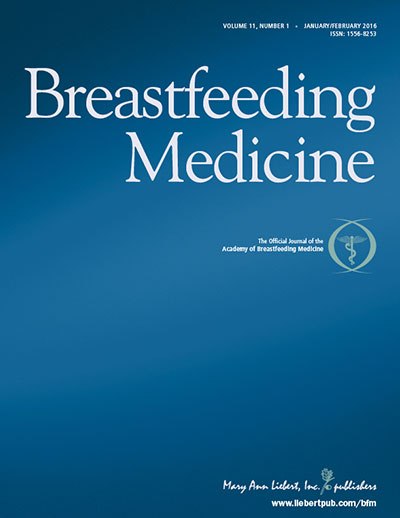Heart Disease Will Shorten Lives of Today’s Teens
A new study that takes a complete snapshot of adolescent cardiovascular health in the United States reveals a dismal picture of teens who are likely to die of heart disease at a younger age than adults do today.
BPA, Found in Soup Can Lining, Linked with Diabetes and Cardiovascular Disease
A new study has found that a group of volunteers who consumed a serving of canned soup each day for five days had a more than 1,000% increase in urinary bisphenol A (BPA) concentrations compared with when the same individuals consumed fresh soup daily for five days.
Targeted Approach Provides a New Avenue for Potential Anti-Obesity Medication
Obese rhesus monkeys lost on average 11 percent of their body weight after four weeks of treatment with an experimental drug that selectively destroys the blood supply of fat tissue.
First Clinical Trial of Red Wine Ingredient Shows Beneficial Metabolic Shifts
When obese men take a relatively small dose of resveratrol in purified form every day for a month, their metabolisms change for the better.
Children With Diet Lower In Fat And Higher In Fiber May Lower Risk For...
Study shows dietary intervention in adolescence benefits glycemic control and blood pressure long-term.
African-American Women with Gestational Diabetes Face High Long-Term Diabetes Risk
African American women who develop gestational diabetes mellitus during pregnancy face a 52 percent increased risk of developing diabetes in the future compared to white women who develop GDM during pregnancy.
Raising ‘Good’ Cholesterol Levels Reduces Heart Attack and Stroke Risk in Diabetics
ncreasing levels of high-density lipoproteins, better known as HDL or "good" cholesterol, reduced the risk for heart attack and stroke among patients with diabetes.
Study May Lead to New Treatments for Type 2 diabetes
Activating a specialized type of fat, known as brown adipose tissue, may help combat obesity as well as result in better glucose control for type 2 diabetes.
Coronary Calcium Levels in Diabetics Strongly Linked to Heart Attack Risk
Notable levels of calcium buildup in coronary arteries can be strong predictors of heart attacks and strokes in people with diabetes and metabolic syndrome.
Possible Link Between Two Type 2 Diabetes Drugs and Pancreatic Cancer
Two newer drugs used to treat Type 2 diabetes could be linked to a significantly increased risk of developing pancreatitis and pancreatic cancer, and one could also be linked to an increased risk of thyroid cancer.
Proper Amount of Sleep May Reduce Risk of Type 2 Diabetes in Obese Teens
Obese teenagers who don't get the proper amount of sleep may have disruptions in insulin secretion and blood sugar (glucose) levels, say pediatric researchers.
Researchers Identify Mechanism in the Pancreas that Turns on Insulin Production
Researchers at the Salk Institute have discovered how a hormone turns on a series of molecular switches inside the pancreas that increases production of insulin.
Cardiotrophin 1 Shows Promising Results for Treatment of Metabolic Syndrome and Obesity
Scientists have discovered that cardiotrophin 1, a protein synthesized by muscle cells and adipose tissue, has a marked effect on fat and glucose metabolism.
Resveratrol Prevents Metabolic Syndrome in Lab Tests
Researchers have discovered that resveratrol, a powerful antioxidant found in common foods, prevents a syndrome in some offspring that could lead to later health issues such as diabetes.
Eating Cholesterol-Lowering Foods Results in Bigger Decrease in LDL Than Low-Saturated-Fat Diet
Persons with high cholesterol who received counseling regarding a diet that combined cholesterol-lowering foods such as soy protein, nuts and plant sterols over 6 months experienced a greater reduction in their low-density lipoprotein cholesterol (LDL-C) levels than individuals who received advice on a low-saturated fat diet.
Even with Regular Exercise, People with Inactive Lifestyles are More at Risk for Chronic...
According to the Centers for Disease Control and Prevention, 25 percent of Americans have inactive lifestyles and 75 percent do not meet the weekly exercise recommendations to maintain good health.






